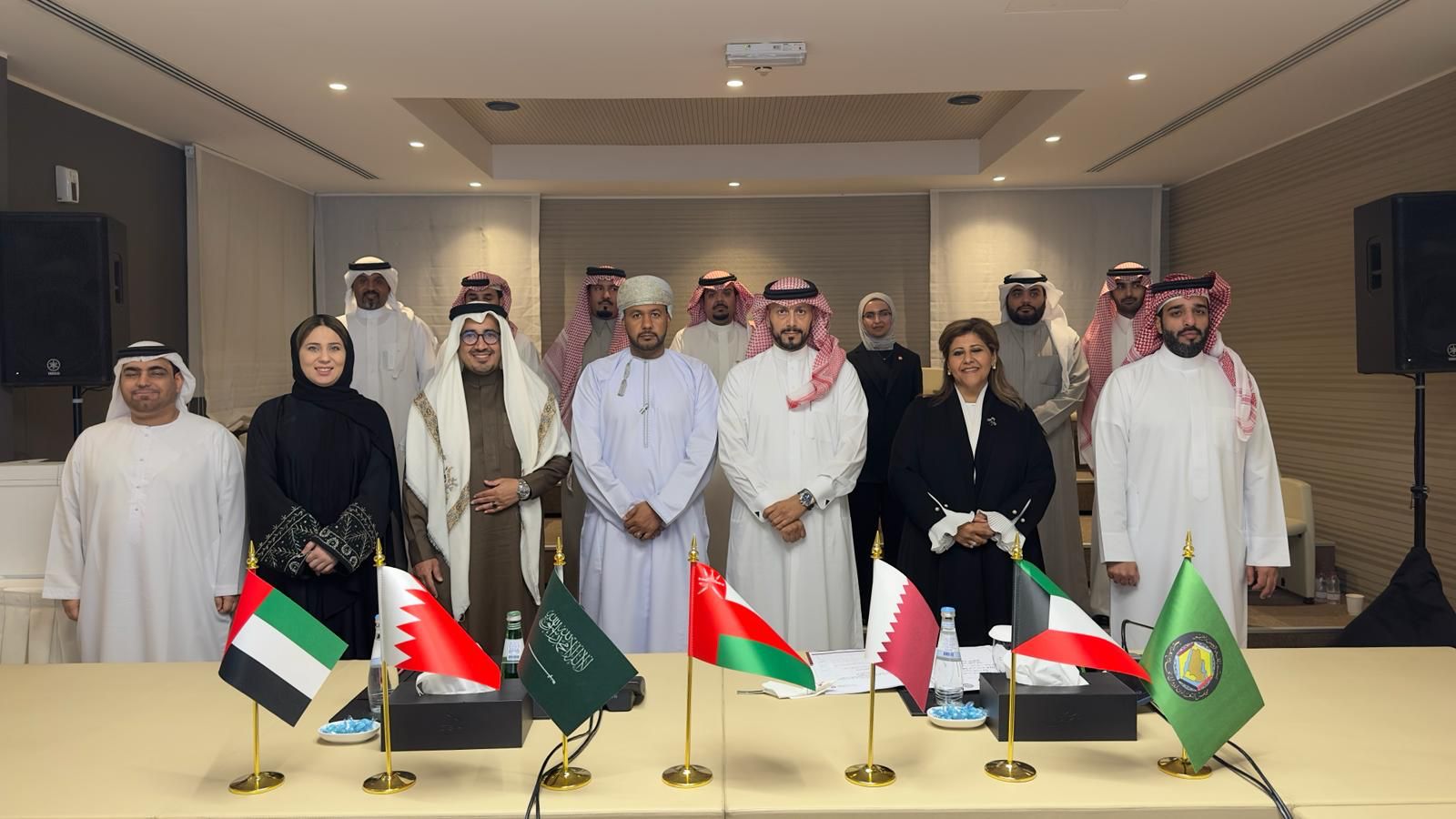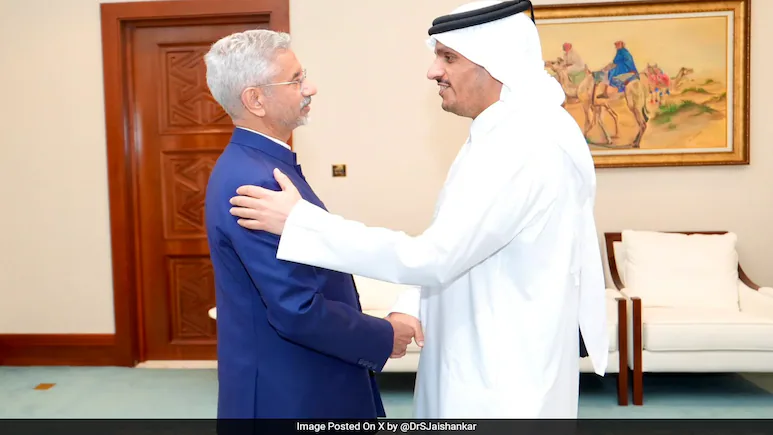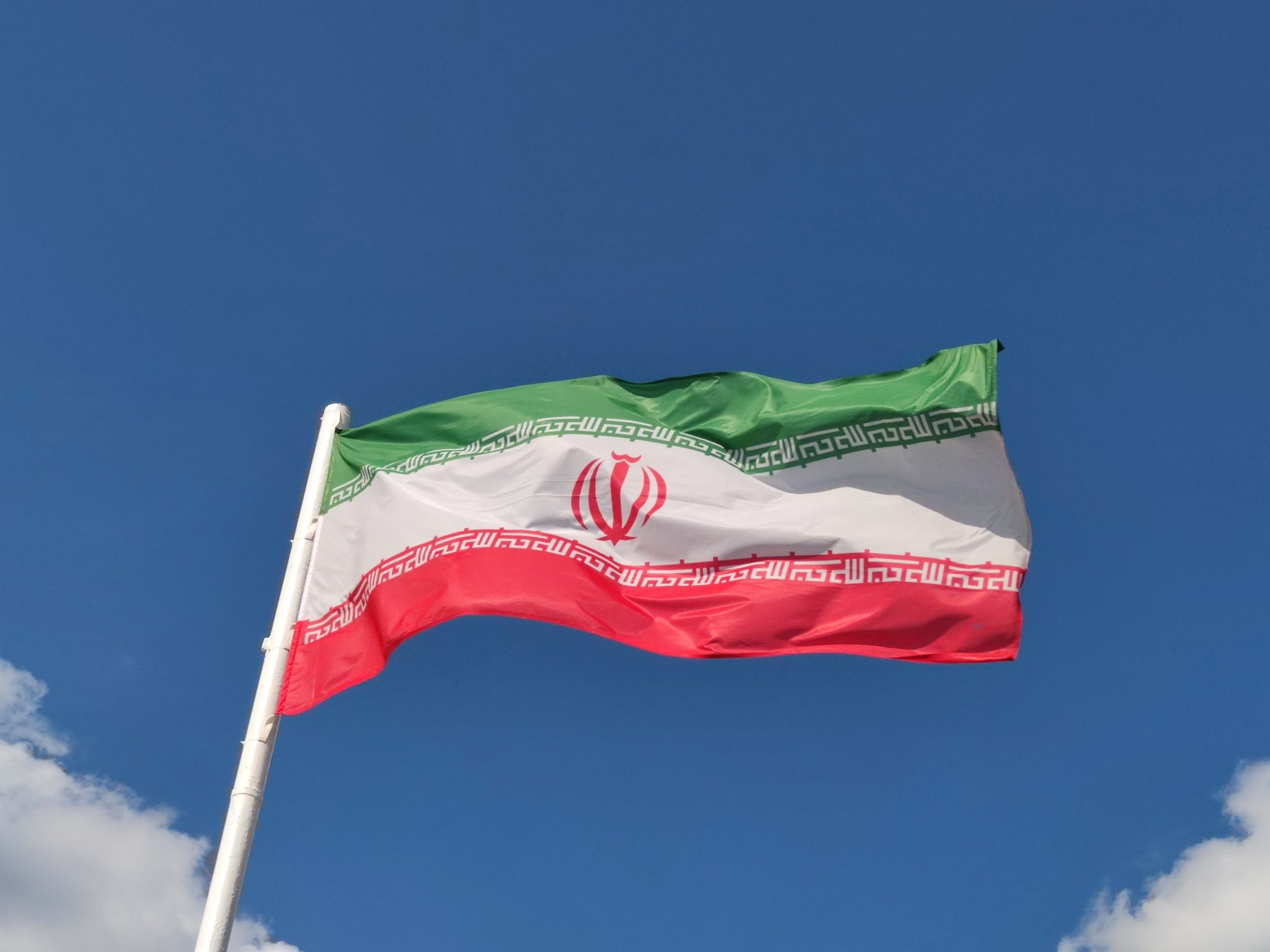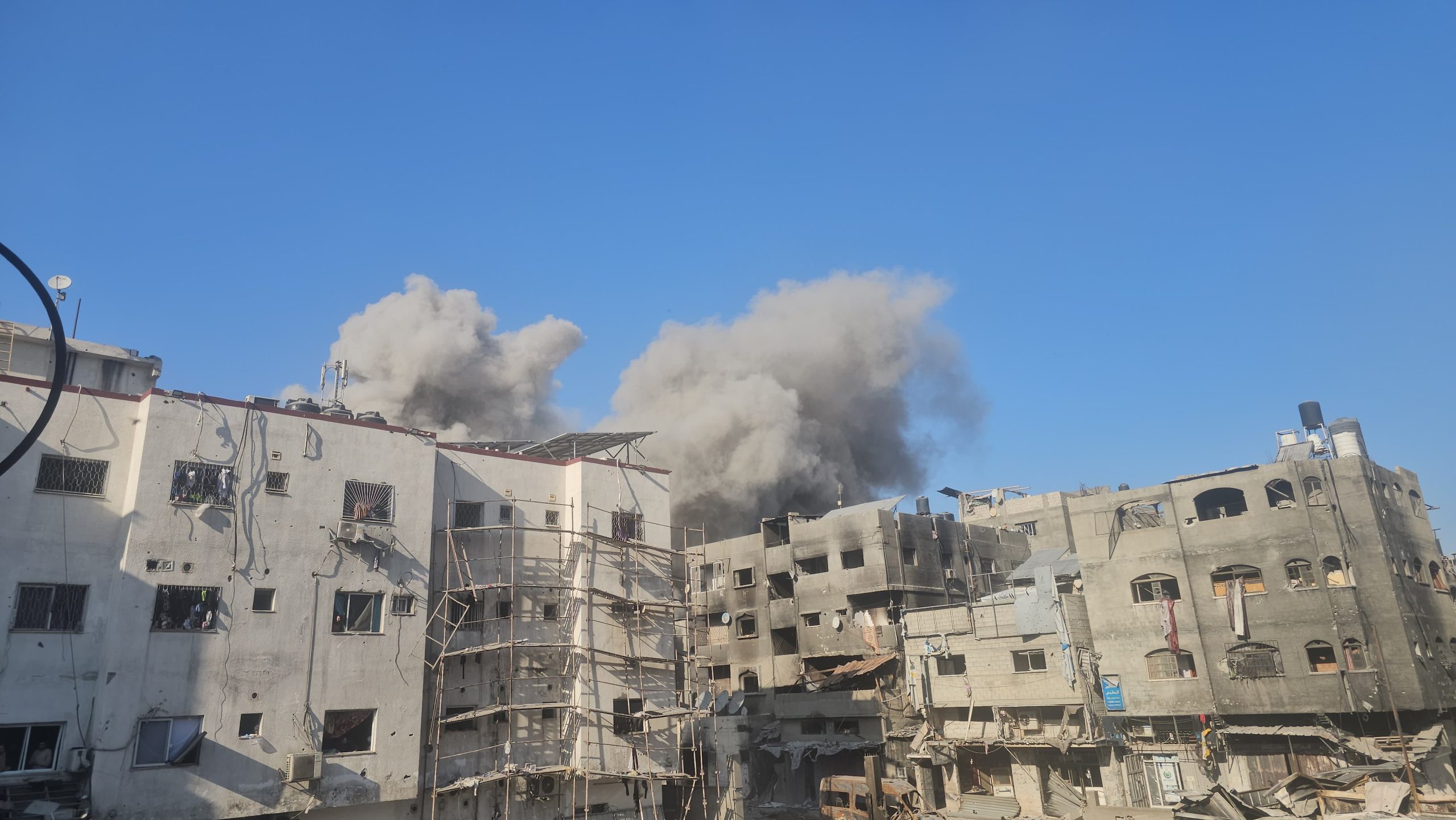The outcomes of this meeting are expected to contribute significantly to the discussions at the upcoming Arab Human Rights Committee session.
Doha played host to the coordination meeting of the heads of government bodies concerned with human rights.
The gathering took place on Sunday, aligning with the eve of the 53rd session of the Arab Human Rights Committee of the Arab League, which is set to unfold from February 18 to 20.
Presiding over the meeting was Dr. Turki bin Abdullah Al Mahmoud, the Director of the Human Rights Department at the Ministry of Foreign Affairs.
The meeting served as a critical platform for dialogue and cooperation, with a primary focus on reviewing the relations between GCC countries concerning human rights issues.
The assembly of GCC leaders in Doha underscores a shared commitment to advancing human rights within the region.
The meeting not only facilitated a comprehensive review of ongoing efforts and challenges but also aimed at fostering a more unified approach to human rights advocacy across the GCC states.
By sharing insights, strategies, and best practices, the leaders sought to enhance the effectiveness of their human rights initiatives.
The initiative was part of a broader movement within the GCC to strengthen regional collaboration and promote a unified stance on global issues, including human rights.
The Arab Human Rights Committee (AHRC) is an essential organ of the Arab League, tasked with overseeing the implementation of the Arab Charter on Human Rights.
Established following the ratification of the Charter, the AHRC plays a pivotal role in promoting and protecting human rights across the Arab world.
The Charter, which came into force in March 2008, sets out a framework for the protection of a wide range of human rights and fundamental freedoms within the member states of the Arab League.
The Committee is composed of independent experts elected by the states parties to the Charter, ensuring a diversity of legal and cultural perspectives on human rights within the Arab context.
These experts are responsible for monitoring the compliance of member states with their obligations under the Charter, examining state reports, and providing recommendations to improve human rights practices.
The AHRC’s sessions, such as the 53rd session mentioned in connection with the coordination meeting in Doha, serve as vital forums for dialogue among member states on human rights issues.
During these sessions, the Committee reviews reports submitted by states on their adherence to the Charter, engages in constructive dialogue with state representatives, and addresses human rights challenges and opportunities within the region.
Moreover, the AHRC is empowered to receive complaints and petitions concerning alleged violations of the Charter, offering a mechanism for accountability and redress for individuals and groups within the Arab League member states.







